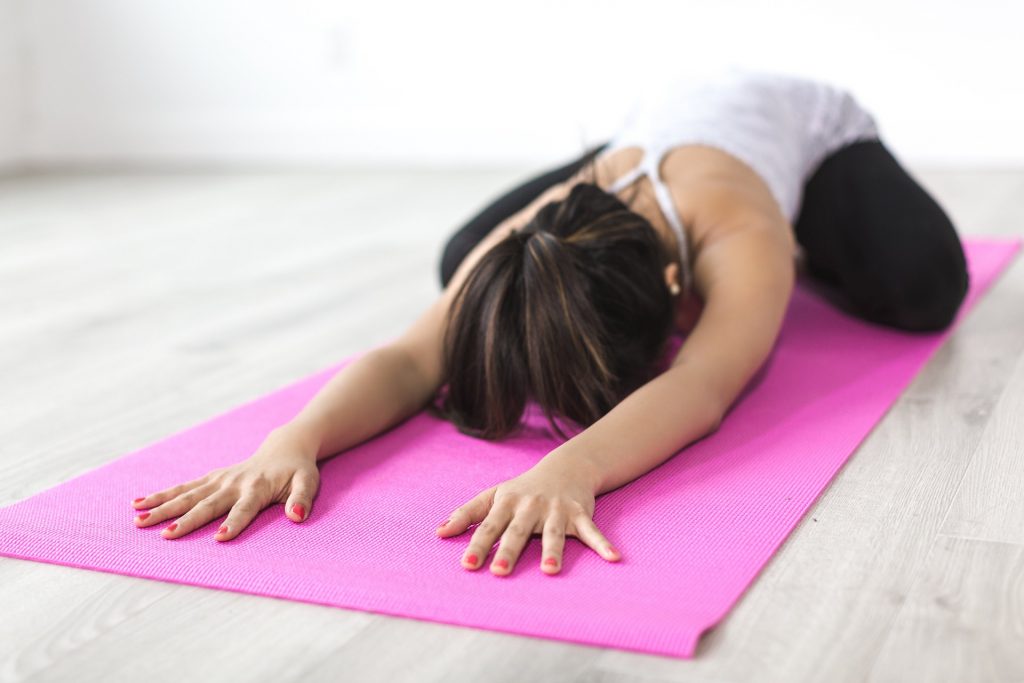How Exercise Can Help You Beat Drug or Alcohol Addiction

The benefits of exercise are well known, but finding the time and motivation to get in a workout can be challenging. It’s even more difficult for those that struggle with substance abuse, like opioid addiction.
Physical activities are not a priority for addicts. The time, motivation, and money needed for most exercises simply take a back seat to their addiction. However, if exercise can provide a natural high for those without addictions—can it do the same for addicts? Current research shows that in conjunction with a holistic treatment plan, exercise can be incredibly beneficial in helping beat drug or alcohol addiction.
Here are some of the ways in which exercise can help you beat addiction.
Healthier Craving
People become addicted to substances that give them a high. When they stop taking this substance, the mind and body crave the endorphins that the substance was causing the brain to produce. These withdrawals, coupled with daily stresses, can become unbearable and are often the reason many people relapse. Exercise, especially vigorous exercise, makes the body release similar endorphins. This euphoric feeling is often referred to as “runner’s high”. Although this sensation might be a little less intense than the feeling of getting high with drugs or alcohol, the pleasurable sensation offers a healthier alternative and craving for addicts in recovery.
It Takes Up Time
One of the biggest struggles during the recovery period is trying to stay busy. The more sedentary time you have, the more you will think about drugs or alcohol, and the more likely you are to relapse. It’s important, especially at the very beginning of recovery, that you keep yourself busy with constructive activities. Exercise certainly falls into this category and can take up hours of your day, while making you feel good at the same time.
Workout Routines Provide Structure
Addicts usually don’t have much structure in their lives and an essential aspect of recovery is creating healthy habits and routines. Developing a regular exercise routine to follow every day is an excellent way to add a healthy structure within the recovery journey.
Helps with Stress

Daily stress is a big factor in why addicts relapse. They are simply unable to handle high amounts of stress and their addiction becomes their coping mechanism. Exercise releases endorphins and the physical exertion of regular exercise is a great way to manage and cope with stress.
Improves Self-Confidence
Addicts often struggle with self-confidence and they seldom take good care of their bodies. When you look after your body, the transformation has a positive effect on your health and your mind. Exercise helps people lose weight or strengthen and this, in turn, helps to make them feel good about their bodies and have a more positive self-image.
A Sense of Community
During their years of substance abuse, addicts can often become isolated from their friends and family. An important part of the recovery journey is trying to mend these broken bonds and to form a sense of community. Of course, rehab is often a great way to form bonds with people on the same path but joining an exercise class or team sport is a wonderful way to meet new people and become part of a community. Being part of a team doing healthy activities will bring a renewed sense of belonging that goes a long way in helping you to stay sober.
Different Types of Exercises Bring Different Benefits
Just like with treatment programs, what works for one person might not work for the other. It’s important that you try out different exercises to see what you like the most, bringing the most constructive changes to your life.
Walking/hiking
Being in nature increases dopamine levels, and getting into the Great Outdoors is an excellent way to get some much-needed Vitamin D. Short 15-minute walks are also a great idea if you are struggling with cravings.
Yoga

Yoga is included in many addiction treatment programs, and for good reason. It may be less intense than other forms of exercise, but it puts you into a state of meditation, which is an excellent mechanism for anxiety and stress release.
Strength training
Strength training is intense and offers those in recovery something to really focus on. It’s a great way to build muscles and it also improved the sleep cycle over time.
Team sports
As mentioned, a sense of belonging is important for those in recovery and joining team sports is a great way to become part of a community doing healthy activities.
The addition of exercise and fitness into treatment plans is a great asset on the road to recovery and many drug and alcohol rehabilitation centers recognize this. A personalized fitness plan can go a long way in helping addicts stay sober and become the healthiest versions of themselves.
For detox treatment, you can check here detox treatment